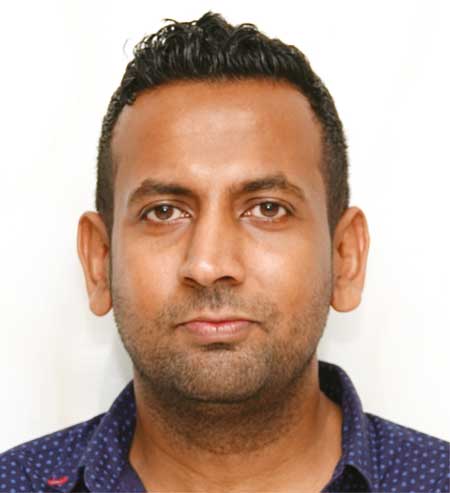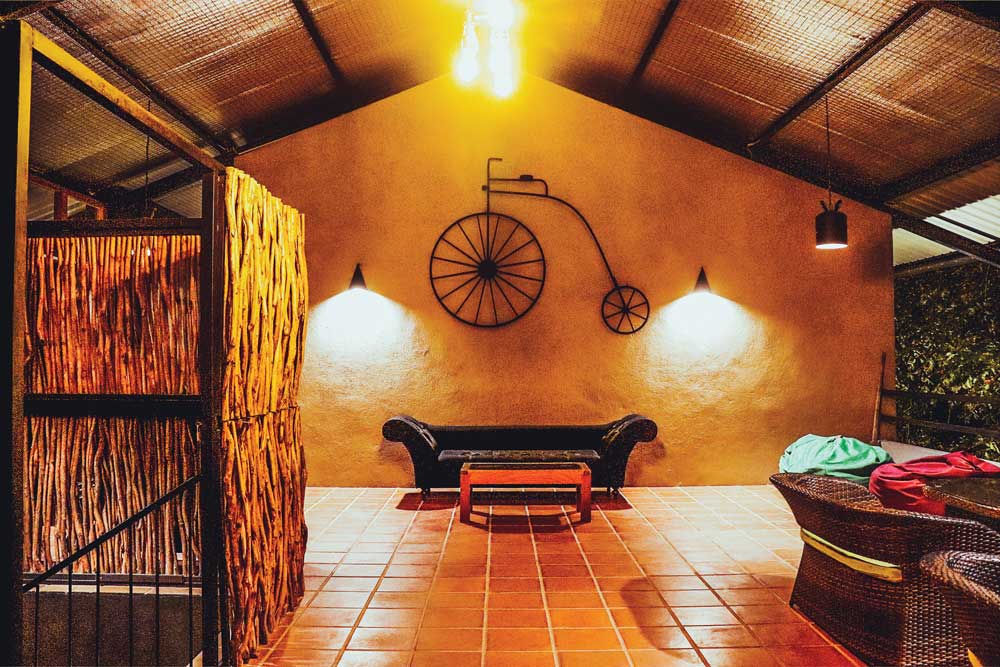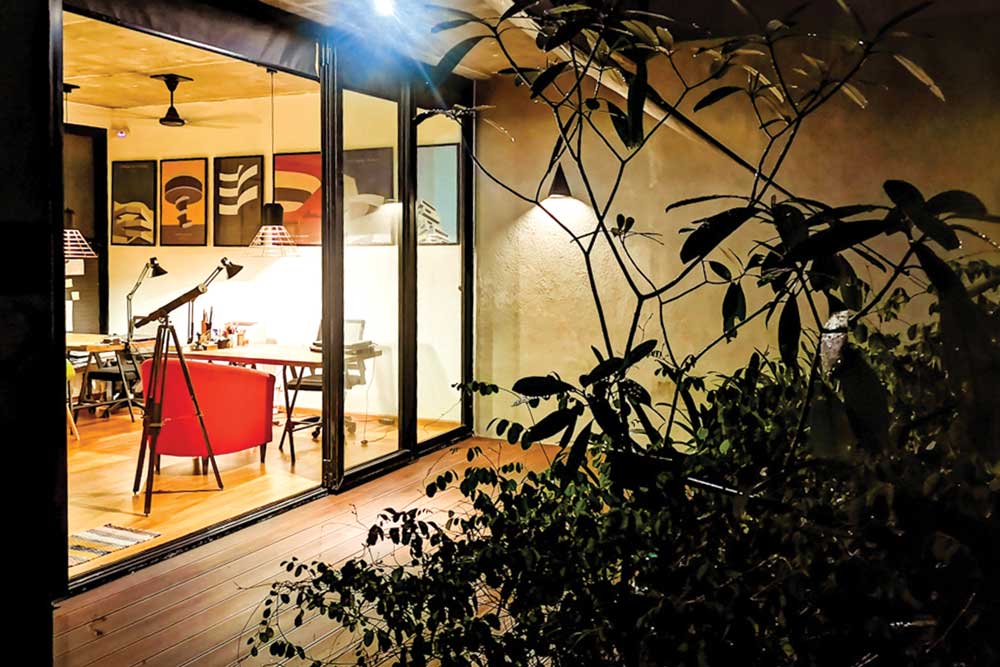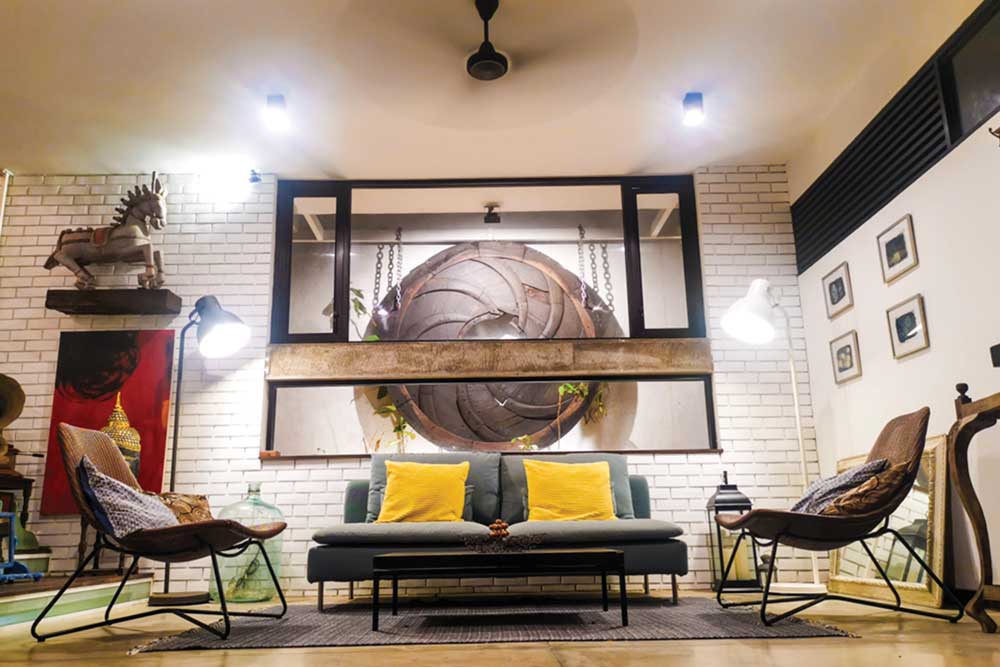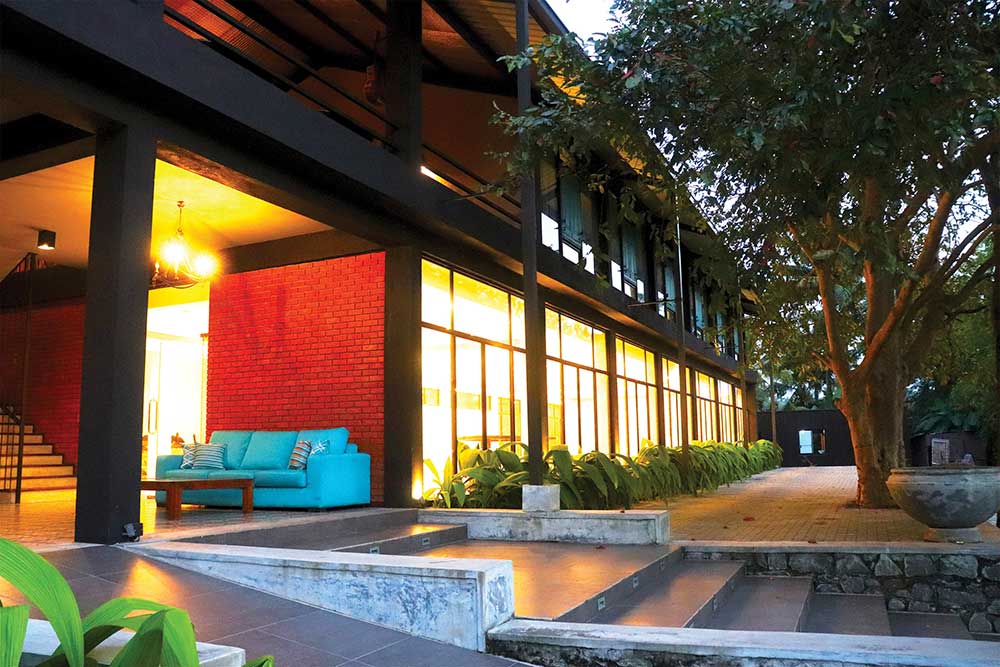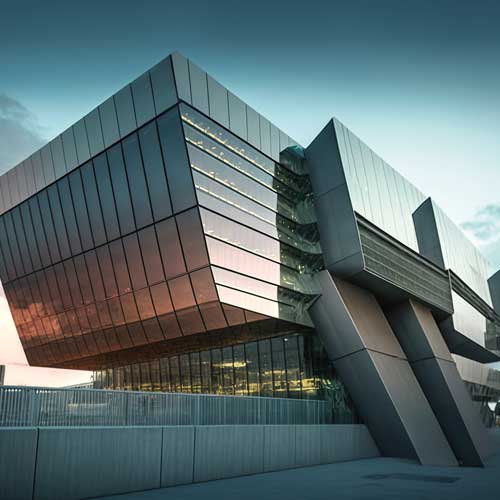Elevating the standing of Sri Lanka’s architects
Dr. Nishan Wijetunge in conversation with Nicola Jayasundera
He pursues the art of creating abstraction, nostalgia and practicality through his designs – Dr. Nishan Wijetunge is an honorary research fellow at the University of Liverpool’s School of Architecture in the UK, as well as an architectural historian and author.
Q: Who inspired you to pursue a career in architecture?
A: My father’s profession as a civil engineer exposed me to the construction industry at a young age. Due to my drawing capabilities, my family and I agreed that architecture was the field to follow.
Q: What’s your most memorable accomplishment?
A: My academic accomplishment was when I completed my PhD in 2013. And in the professional sphere, it was when I designed and completed my own house, which has been the most challenging design so far.
Q: Are there any major obstacles to the development of architecture, design and construction?
A: When non-architects freely engage in the practice, it’s detrimental to the profession. Most people don’t realise that it takes years of rigorous training to qualify as an architect; and it follows that their knowledge can’t be matched by anyone with less training or minimal experience.
The underlying factor for widespread corruption among local authorities is that people without training have been elevated to positions that should only be held by qualified professionals.
People posing as vastus shastra practitioners are also threats to this field as they mislead people for financial gain. Although one should respect tradition, it becomes dispensable in this age where technology holds sway.
Q: What’s your view on the current policies in this field?
A: The government should appoint only professionally qualified individuals to the relevant positions to build this sector – not people who resort to e-studies and are only distantly connected to construction.
Only then will we have confident designers and competent authorities regulating buildings.
Q: So what policies would you like to see implemented?
A: Train people for vital aspects such as planning and building construction at university level, and gradually install a long-term efficacy plan. By offering incentives, the state should attempt to encourage architects to hold public office.
The state should also strive to wipe out corruption in such places. There shouldn’t be different rules for a poor person wanting to fill a marshy land for habitation and a rich politician who wants to do so to build a lucrative resort.
Regular people who wish to build should be encouraged to do so in a systematic manner where the process is streamlined with convenience in mind. It should not be a burden or hassle with time being wasted and bribes being demanded.
Q: The skyline of Colombo is changing dramatically. What are your thoughts on this?
A: The skyline of any city is an indication of its economic prosperity. However, most construction in Sri Lanka is being handled by foreign architects where the local counterparts are relegated to the position of consultants.
Sri Lankans merely affix their official seals for iconic projects that are sometimes aesthetically alien and climatically unsuitable. This should change since local architects are more knowledgeable about the country’s architectural environment.

